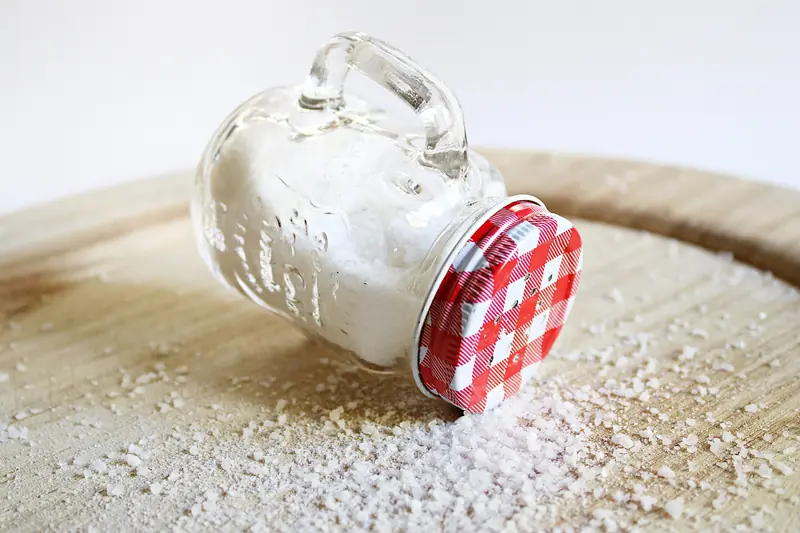
The National Health Service (NHS) in the UK has a nuanced view of salt. Medical professionals do not recommend completely eliminating this ingredient from our diets.
Table salt, also known as sodium chloride, contains about 40 percent sodium—a nutrient our bodies need daily.
Consuming sodium in small amounts supports the normal functioning of the nervous system, muscle contraction and relaxation, bone formation, and helps maintain fluid and acid-base balance. British dietitian Pippa Hill explains that a deficiency of salt in the body can lead to muscle cramps, nausea, fatigue, and dizziness.
However, consuming more than 6 grams of salt per day, which is roughly the amount in one teaspoon, can be detrimental to health. This is the recommended limit for adults according to the NHS.
Increased salt intake disrupts the natural sodium balance in the body, noted dietitian Olivia Burley, who works on the NHS Diabetes Prevention Program. This can trigger high blood pressure.
Ms. Hill highlighted foods that are particularly high in salt, such as canned fish and meats, frozen foods, salted nuts, canned beans, and cured meats.
Experts urge us to pay attention to four alarming signs that we may be consuming too much salt.
Headaches
Dehydration caused by excessive salt intake can lead to severe headaches. In these cases, blood vessels expand, resulting in a pulsating sensation.
These headaches typically strike one to two hours after eating. For individuals with hypertension, headaches may occur even sooner.
To alleviate the pain, it’s essential to balance the body’s water levels—this means drinking plenty of water.
Swelling in the Legs and Arms
Swelling around the fingers, ankles, or feet can be a reaction to a spike in sodium after consuming too much salt.
When there’s an excess of salt in the body, it retains extra sodium and increases the amount of fluid outside the cells, explains Olivia Burley. This leads to the kidneys removing less water, thereby raising blood pressure.
Swelling is often more noticeable during prolonged sitting or long trips.
If this unpleasant consequence of salt overconsumption becomes a regular issue, it’s important to seek medical advice, as swelling can be a symptom of underlying health problems.
High Blood Pressure
Salt is a key contributor to hypertension. If left untreated, it can increase the risk of serious health issues, such as cardiovascular diseases, heart attacks, and strokes.
Expert Pippa Hill pointed out signs that indicate rising blood pressure due to excessive salt intake, including blurred vision, chest pain, rapid heartbeat, shortness of breath, and sudden nosebleeds.
However, hypertension can also be asymptomatic, as reported by the Daily Mail. The only way to know about this issue is through regular blood pressure monitoring with a device.
Frequent Urination
A common reaction to consuming salty foods is thirst, which naturally leads to increased fluid intake. By signaling thirst, the body attempts to eliminate excess salt. As a result, you may find yourself running to the bathroom more often.

